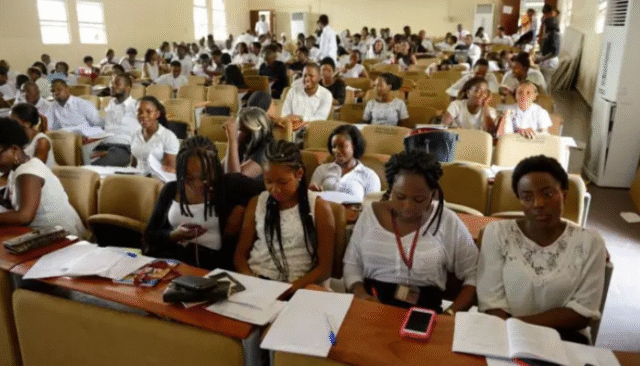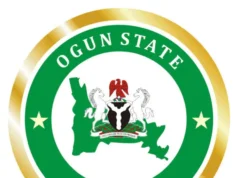Nigeria’s educational landscape is at a crossroads—one where complacency and outdated expectations must give way to innovation, realism, and collective effort. For too long, Nigerians have expected the state to bear the entire burden of nurturing, training, and educating future generations. We demand free education, subsidised services, and infrastructure that simply doesn’t exist—and often, cannot exist under current financial realities.
Our economy isn’t what it used to be. Multiple sectors—health, infrastructure, security—are crying out for renewal. Expecting the government to fully finance our universities alone is neither sustainable nor responsible. It’s time we adopt models that work globally: shared responsibility, cost-recovery mechanisms, and empowered institutional governance.
We can no longer pretend that era upon era of insufficient funding, lack of innovation, and administrative complacency isn’t hurting our hopes for national development.
Table of Contents
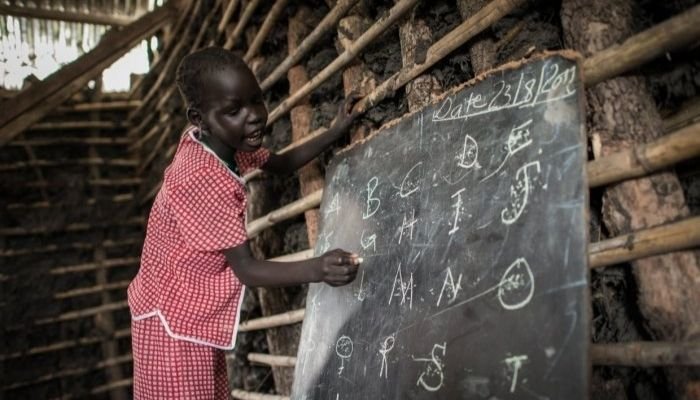
Global Perspectives: Tuition Is the Norm, Not the Exception
Look at the world around us: many nations recognise that higher education isn’t free—and they make it work.
- In Canada, tuition fees are standard and rising.
- Australia adjusts fees based on income.
- Since 2000, Japan’s state universities set their own tuition to sustain autonomy.
- China calibrates fees based on market dynamics and demand.
- In the United States, tuition fees at public universities have risen by about 14% on average.
These countries, driven by necessity and pragmatism, understand that higher education requires sustainable funding structures—without sacrificing quality or access.
Meanwhile, Nigeria still clings to myths about low fees. We even resisted raising the N90 hostel fee—a rate frozen since 1985! The Registrars’ Committee proposed that universities track and present their actual cost of service. Only then can we decide sensible adjustments that reflect true cost and need. It’s high time we bring transparency to funding.
Counting the Real Costs: Data Empowers Progress
How much does it truly cost to teach a group of students in, say, Biochemistry 101? Or a class of first-year medical students? Without identifying all cost components, we’re operating in the dark.
Accurate costing—a semester’s worth of tuition, infrastructure, lab materials, staff salaries—would help universities advocate for legitimate resources. This knowledge could drive smart fee setting, targeted subsidies, and prioritised investments. More importantly, it compels institutions to manage funds efficiently and be accountable.
When universities can show the precise cost of educating a student, these institutions gain credibility. They can speak to the government, stakeholders, and public with facts—not vague appeals.
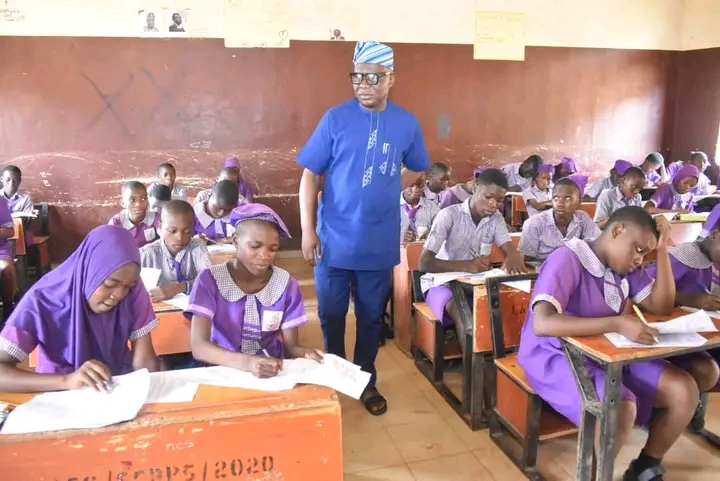
A New Way Forward: Four Pillars to Restoring Education in Nigeria
To recover from years of neglect and underperformance, we must unite around strategic reforms spanning several key areas:
- Funding Reform & Cost Transparency
- Encourage universities to develop transparent cost-accounting for all programmes.
- Use these figures to set appropriate fees, while safeguarding equity for disadvantaged students via scholarships and grants.
- Teacher Capacity & Motivation
- Reinvigorate teacher education: pre-service training, in-service refreshers, and ongoing professional development.
- Provide motivation—through remuneration, recognition, and career progression—to prevent talent drain.
- Investments in Infrastructure & Resource Management
- Leverage mechanisms like TETFUND and UBEC to channel funds into classrooms, labs, and learning tools.
- Improve institutional capacity to audit, manage, and sustain these investments effectively.
- Explore public–private partnerships and stakeholder funding models to supplement government investment.
- Policy Consistency & Institutional Autonomy
- Implement the National Policy on Education Financing diligently.
- Roll back sweeping subsidies and reinvest savings into education.
- Grant greater autonomy to institutions to foster innovation, accountability, and responsive leadership.
These pillars must be supported through collaboration between federal, state, institutional and private stakeholders. We cannot afford to perpetuate inefficiency or stagnation.
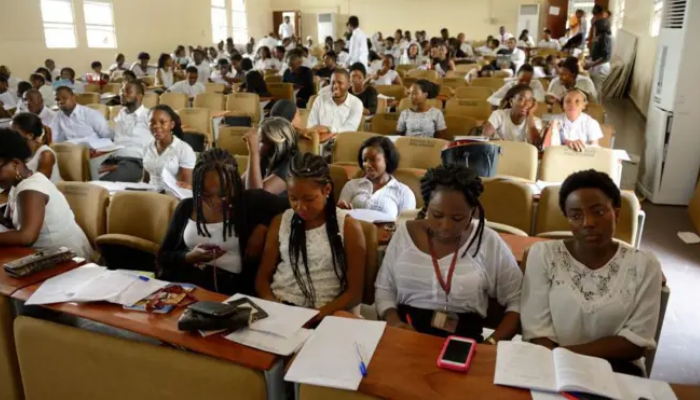
Conclusion: Nigeria Can Reclaim Educational Excellence
Our problems are severe, but not insurmountable. With honest dialogue, transparent systems, and fair funding, we can transform our universities into engines of innovation, discovery, and national pride.
We must demand more than empty political promises. Let us push for clarity—answer these questions: What does it cost to educate a medical student this semester? How many qualified teachers are available versus needed? Where are our roads crumbling, our labs failing, our libraries empty?
Our next generation deserves better than rhetoric. They deserve learning environments that inspire, challenge, and prepare them for the 21st century. That begins with owning our current reality—and building solutions that work: here, now, in Nigeria.
Join Our Social Media Channels:
WhatsApp: NaijaEyes
Facebook: NaijaEyes
Twitter: NaijaEyes
Instagram: NaijaEyes
TikTok: NaijaEyes
READ THE LATEST EDUCATION NEWS


